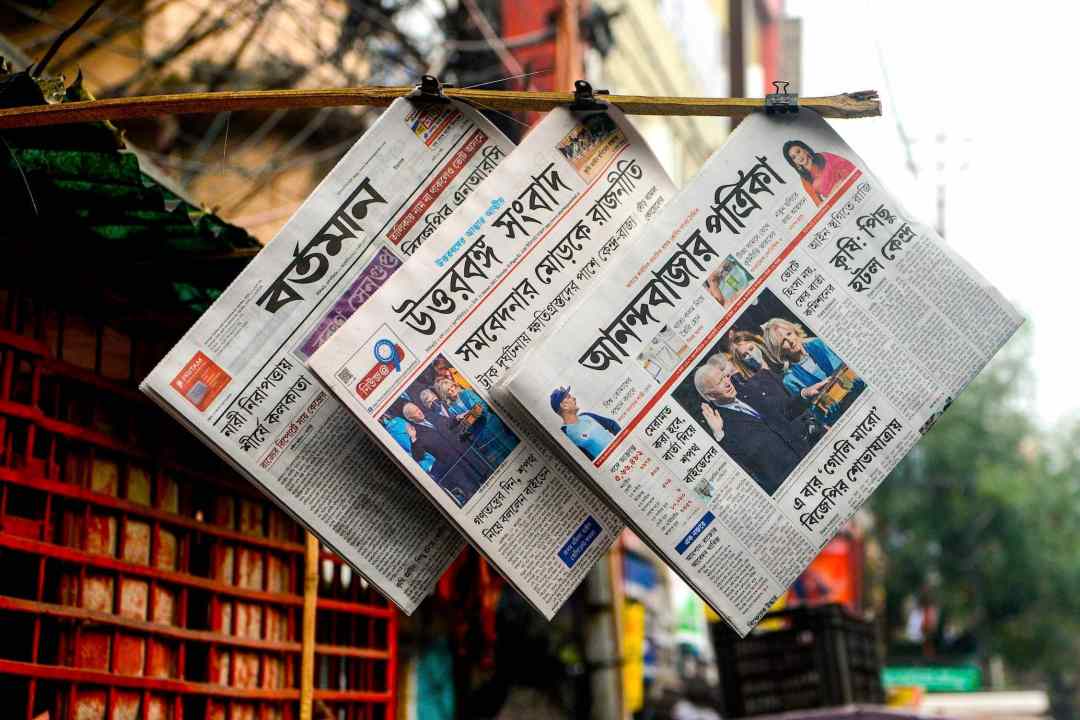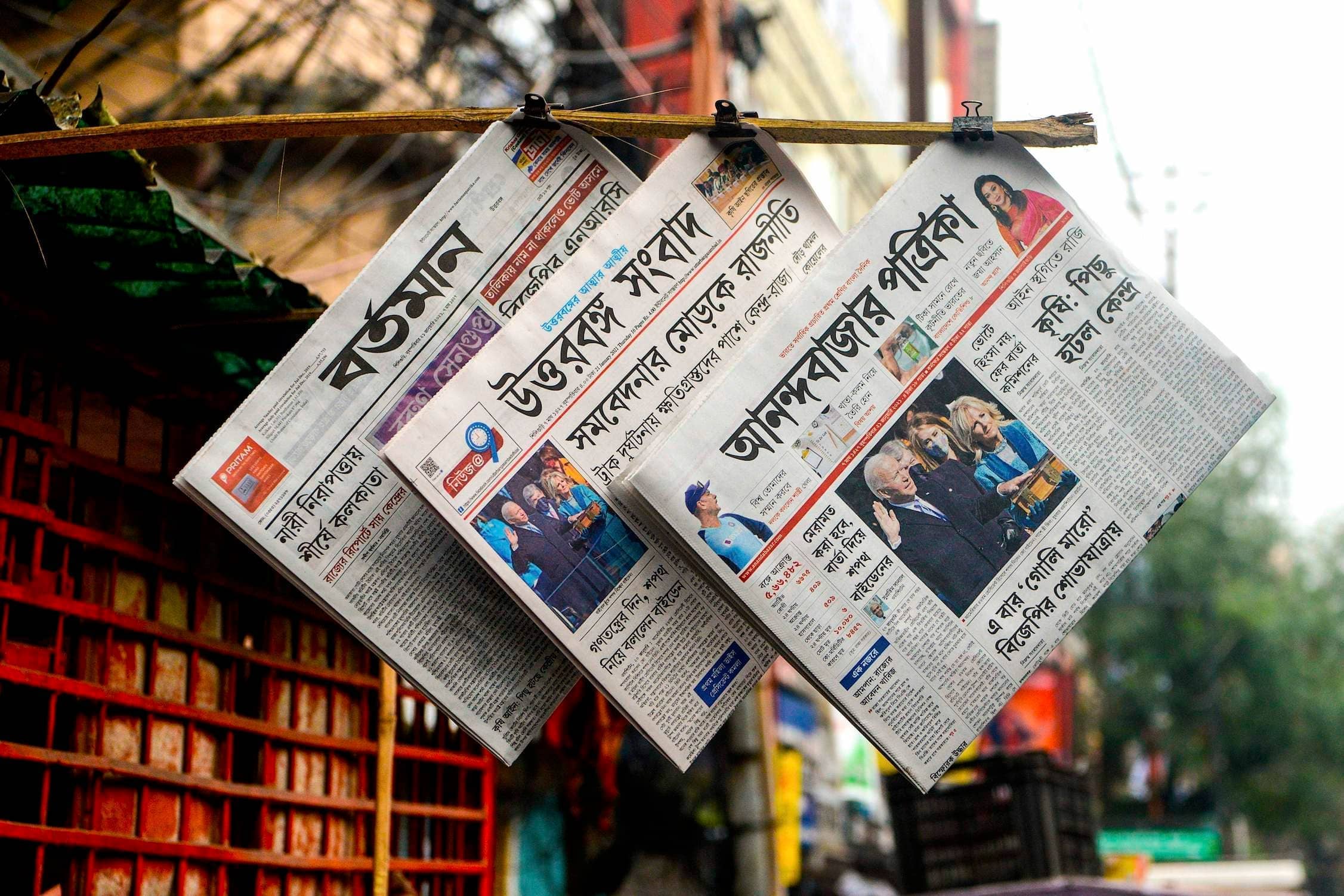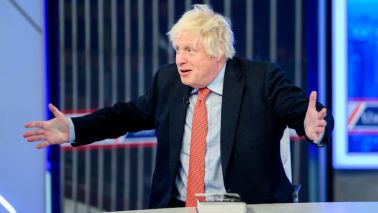In 1975, India’s prime minister Indira Gandhi suspended democracy. The so-called ‘Emergency’ was largely of her own making, giving her the power to rule by decree. Hundreds of prominent writers and journalists, not to mention opposition leaders, were bundled off to jail.
Remarkably, that was all it took for the rest to fall in line. Newspapers stopped printing stories that offended their ruler’s sensibilities. Shivarama Karanth, one of the doyens of the modern Indian novel, took off to ‘compose ballets with lilting music’ in the Canarese countryside. The Illustrated Weekly of India, meanwhile, began running acrostic love letters spelling the name of the premier’s balding, bovine son.
How did the representative of organised media react? The secretary general of the National Union of Journalists said: ‘It is not for us to question the government’s sincerity’. Very early on, it became clear that Mrs Gandhi’s massive army of censors was surplus to requirements.

Britain’s best politics newsletters
You get two free articles each week when you sign up to The Spectator’s emails.
Already a subscriber? Log in







Comments
Join the debate, free for a month
Be part of the conversation with other Spectator readers by getting your first month free.
UNLOCK ACCESS Try a month freeAlready a subscriber? Log in